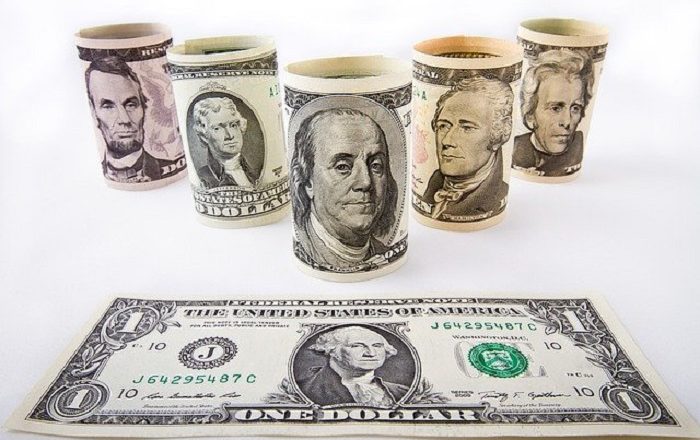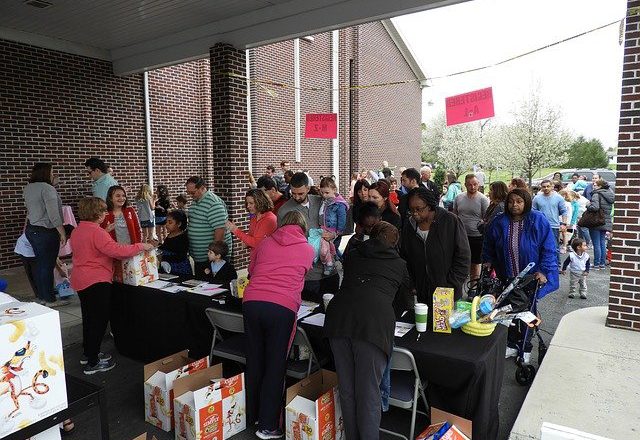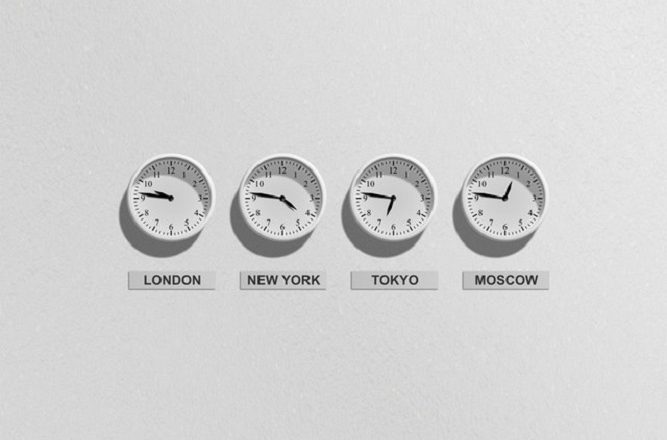Two Economists Forecast What’s Ahead In 2023: A Possible Recession, Inflation, Unemployment, And The Housing Crisis
With the current U.S. inflation rate at 7.1%, interest rates rising and housing costs up, many Americans are wondering if a recession is looming.
Two economists discussed that and more in a recent wide-ranging and exclusive interview for The Conversation.
Brian Blank is a finance professor at Mississippi State University who specializes in the study of corporations and how they respond to economic downturns. Rodney Ramcharan is an economist at the University of Southern California who previously held posts with the Federal Reserve and the International Monetary Fund.
Both were interviewed by Bryan Keogh, deputy managing editor and senior editor of economy and business for The Conversation.
Below are some highlights from the discussion. Answers have been edited for brevity and clarity.
B...




